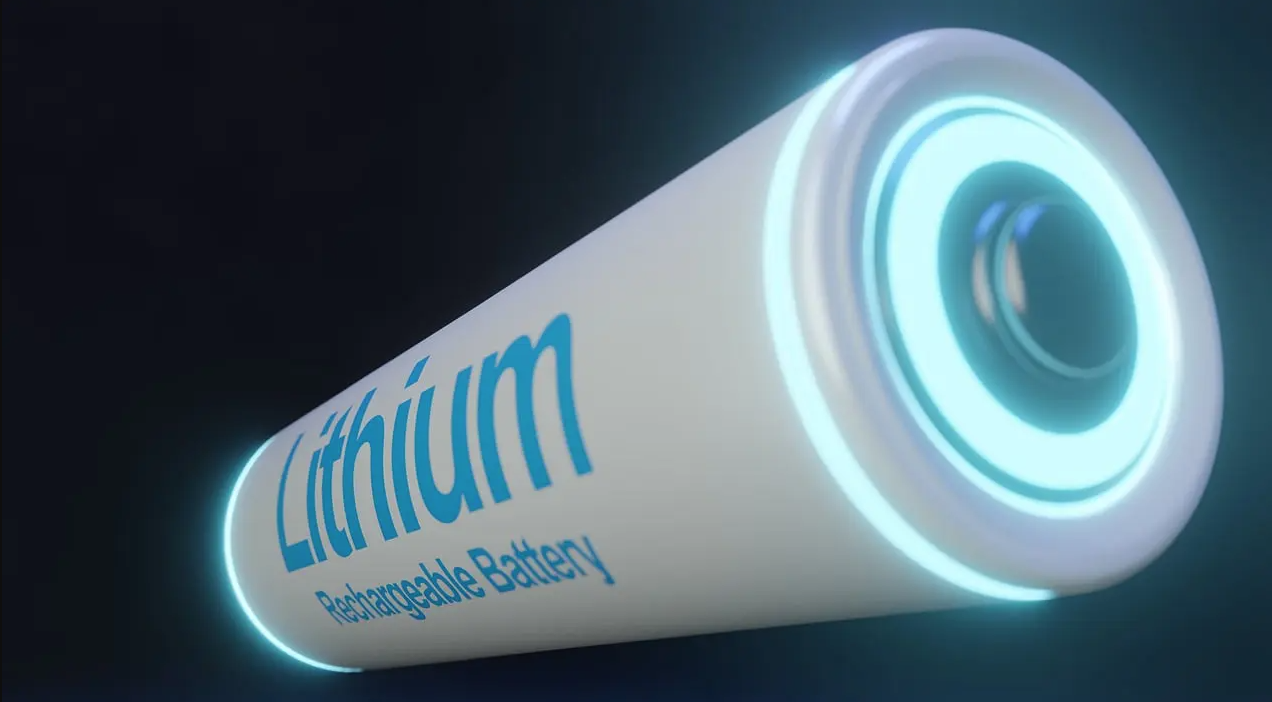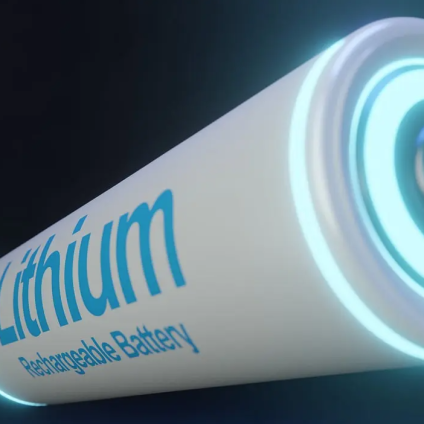According to the new BloombergNEF analysis, the price of lithium-ion rechargeable batteries fell by 14% after the 2022 price increases. Thanks also to the increased production capacity in all the nodes of the value chain
In China recorded the lowest average price: 126 dollars/kWh
(sustainabilityenvironment.com) – Ten years ago, in 2013, the prices of lithium batteries traveled on stratospheric figures. Ben 780 dollars the kWh, of which over 68% to load of the cells. Technological progress and production maturity have gradually lowered the figure and, excluding the 2022 turbulence, the sector has always followed a downward trend. To the point that today marks a new historical low with a global average price of 139 dollars/kWh. This is reported by the new analysis by BloombergNEF (BNEF) that has evaluated demand and supply on a global scale for lithium-ion rechargeable technology.
read also Dead at 100 years John Goodenough, inventor of lithium battery
As Evelina Stoikou, main author of the report explains, although the trend is the same, compared to the past the drop of 2023 has partially different levers. “In the many years we’ve conducted this survey, the decline has been driven by scale learning and technological innovation, but this dynamic has changed,” says Stoikou. “The lower prices this year were attributed to the significant growth in production capacity throughout the value chain, combined with weaker than expected demand [950 GWh]”. Of course, technology plays a role. The gradual spread of cheaper lithium iron phosphate (LFP) cathodes or the introduction of “cell-to-pack” approaches continues to contribute to the reduction of production costs.
Lithium battery prices, the Chinese below cost
The $139/kWh that marks 2023 represents an average of different end uses of batteries, including different types of electric vehicles and stationary storage projects. If you go into detail it turns out, in fact, that electric mobility can count on even lower battery prices, equal to 128 dollars/ kWh on a weighted average basis in relation to the volume 2023 (with cells that cover 78% of costs). But it also “turns out” that regional differences matter. China, thanks also to intense internal competition that has expanded the domestic production capacity, has recorded an average of 126 dollars/kWh in the prices of battery packs. Values in the United States and Europe are respectively higher by 11% and 20%. For analysts, these surcharges reflect the relative immaturity of Western markets, between higher production costs and lower volumes in the offer.
Lithium battery prices from 2024 to 2030
And tomorrow? The mineral and metal market imagines that prices of key battery materials such as lithium, nickel and cobalt will decline further in 2024. That said, BNEF predicts that lithium battery prices will fall again next year, reaching an average of 133 dollars/kWh. Technological innovation and improved production should lead to further declines, up to USD 113/kWh in 2025 and USD 80/kWh in 2030.
But not for everyone the road will be unhindered. “Locating battery production in regions like the US and Europe could put upward pressure on battery prices as local industries grow,” BNEF explains. “Battery production in the United States and Europe has higher costs due to higher prices of energy, equipment, land and labor than in Asia, where most batteries are currently produced. Local policies such as the $45/kWh cell and parcel tax credit under the US Inflation Reduction Act could offset part of the cost, although the impact of the IRA on prices is not yet clear”.













